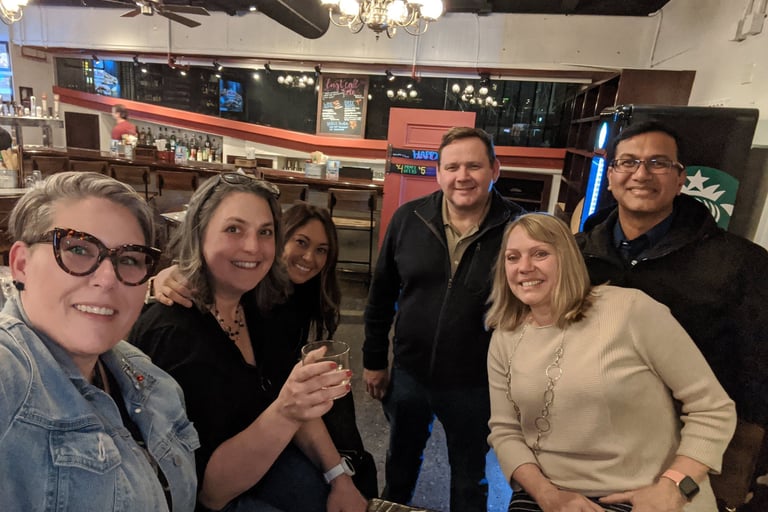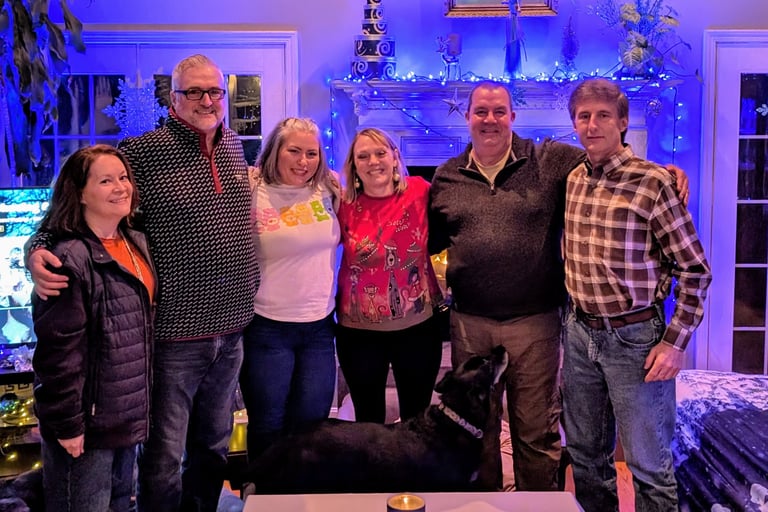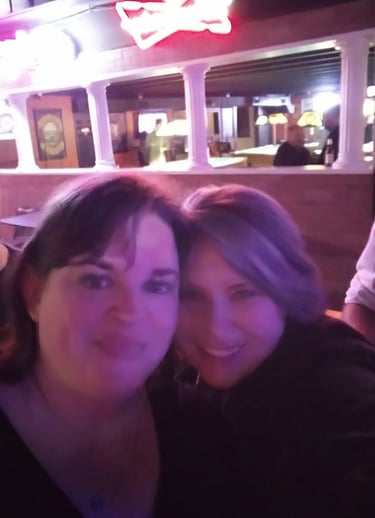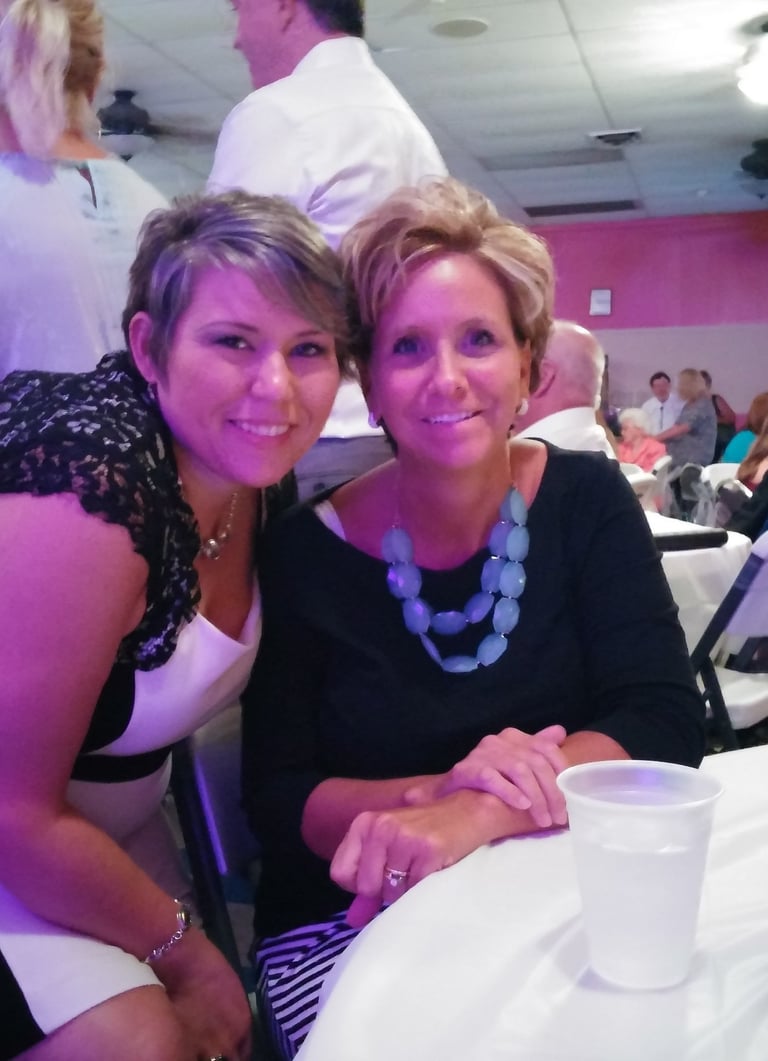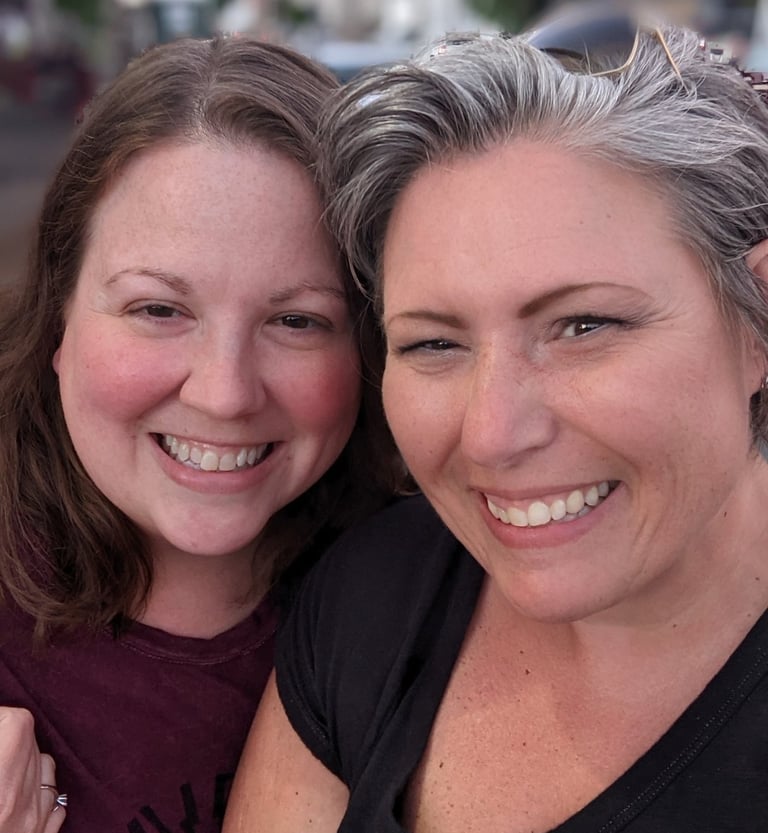THANKSgiving is not just for turkeys
While practicing mindfulness during a season of giving thanks, I was inspired to capture the fond reminisces as I reflected on my own personal and professional growth journey that started at Humana nearly twenty years ago.
Kim Gastinger
12/3/20249 min read
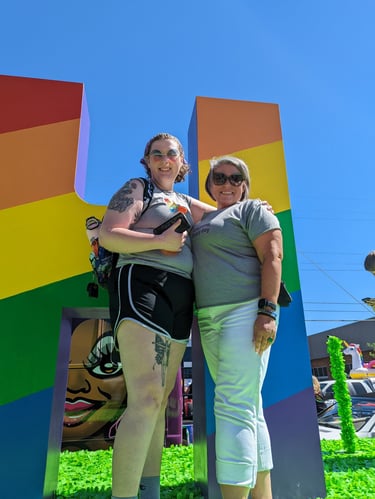

Recently my former Humana work wife full-time BFF connected for drinks to catch up. Nearly twenty years later, we still fondly recall our success early in our careers when we were "handpicked" to help launch a new way of working for the Medicare Billing team. Back then, Agile was not a buzz word, so we self-identified as business operations process partnered with information technology. Ironic that we were living out a product, customer-centric mindset out of necessity before the monolithic consulting firms rebranded the concept and packaged for sale years later as the next corporate "savior". That time of radical change was a shared experience that bonded me to my team because we were uniquely in the same boat navigating a cyclone of good change. It is during this holiday season as Thanksgiving has wrapped up and Christmas approaches that I am thankful and blessed for our journey together as a team and individually as leaders.
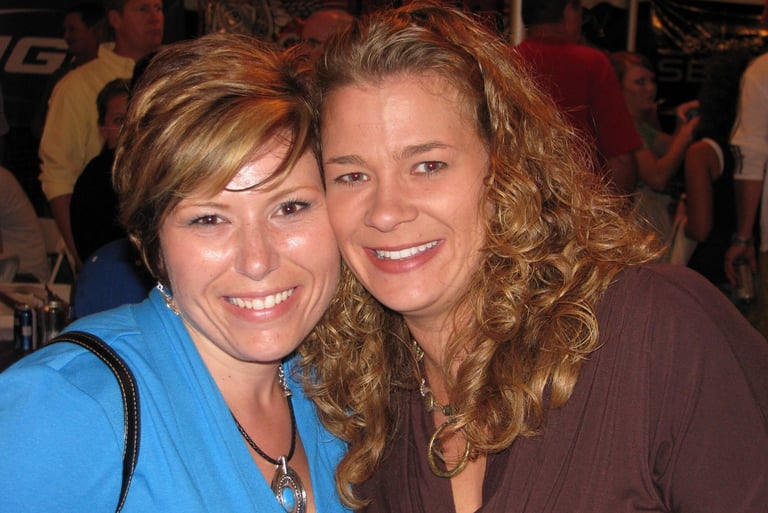

In 2005, I was recently separated from my first husband & in desperate need of a paycheck to support my two children and myself. My mother shared with me two women she worked with at Baptist Healthcare were interviewing for roles in billing at Humana supporting the upcoming Medicare expansion. I had the prerequisite billing experience since I was a bootstrap entrepreneur and co-owner of a mobile medical imaging who had learned by baptism of fire how to operationalize all aspects of a healthcare business that was 90% dependent on revenues from Medicare. I was also advised by the HR recruiter who made me an offer that with two degrees and deep Medicare operations experience, I was overqualified for the entry level role. In full transparency, my need for survival superseded my pride so there was nothing "beneath" me. I was ecstatic to have a top of band offer for a billing specialist role making a whopping $36,000 per year.
I gained more than just an hourly wage. That entry level position was my "foot in the door" to grow my career because our training was comprehensive, teaching us the context for Medicare insurance business in addition to end to end operations for managing health insurance with deep understanding of various components of Medicare insurance product ecosystem. We learned about sales cycle governed by Chapter 5 of the Marketing CMS regulations, various types of enrollment methods & practices for processing, fulfillment of welcome kits, member communications, billing procedures and even the processing of claims. And while our second wave class of twenty-five new hires exponentially increased the legacy billing team by three fold, there was a leadership commitment to upskill new hires to meet equivalency of seasoned billing representatives. We started our first class in August and "graduated" by November before the end of the open enrollment season closed for plan year 2006. But there was no billing "work" for us because the volume of membership was not effective for six to eight weeks & the first billing cycle did not really kick off until 2Q2006.
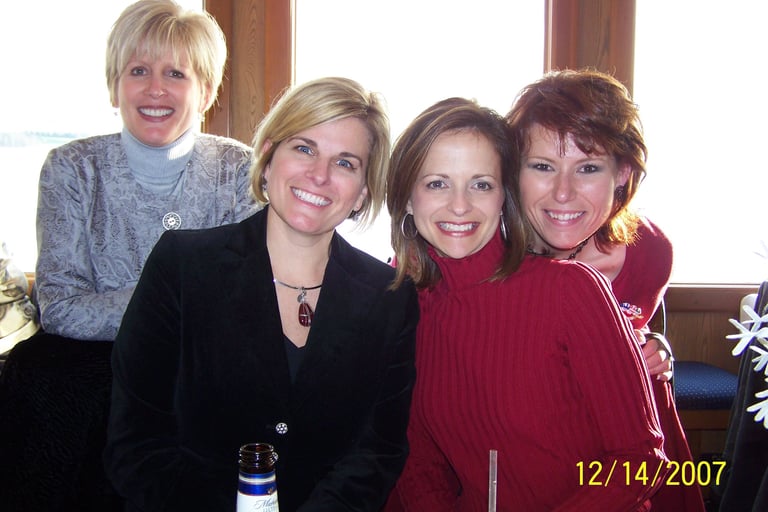

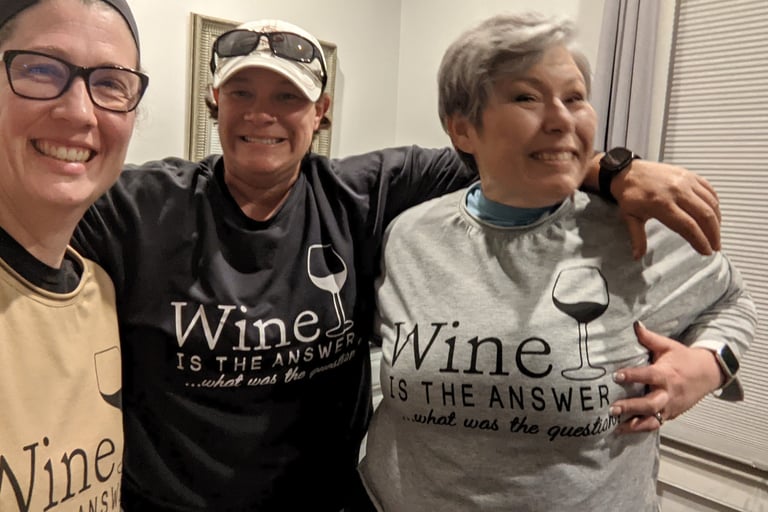

This lull in work was a blessing because comprehensive and cross-functional training made me a valuable resource that could be "loaned" to other areas of operations outside of billing that did have work. I am beyond thankful for the opportunity to work hands on in other areas. And during the holiday season where membership was growing at a staggering pace as January approached, I was eager to volunteer and capitalize on the offer of double overtime to assist with processing "pends" from new enrollment applications. I was exhausted working seven days a week and sad to miss time with my children on holidays like Christmas and New Year's Day, but the extra income helped provide my children with Christmas gifts that season. Eventually, I would help out with Quality Assurance by helping with process audits. I augmented an outreach team to help close data gaps for Medicare Recon flags for chronic conditions like ESRD (End Stage Renal Disease) that resulted in millions of dollars of additional revenue from CMS supplementing the PMPM (Per Member Per Month) reimbursement that CMS pays as standard for health plans to administer coverage for Medicare eligible people.
As a new hire, while the onboarding with (12) weeks training was refreshing, I quickly found that there was a lack of documentation or training for new or enhanced processes and tools. So I took the initiative to begin documenting processes and procedures because I genuinely wanted to help improve the onboarding of subsequent waves of new hires. It was this commitment to process improvement that caught the eye of the operations manager after I applied for a promotion as a production lead. I was turned down for the promotion so I circled back with the hiring manager for candid feedback and coaching on how to grow my career.
While I was disappointed at the lack of promotion to an operations lead, my manager informed me that he had bigger plans for me. He was very direct in sharing insights - he genuinely believed that I would not thrive in a position where the role required micro-managing production workers. But recognized my efforts in developing processes and creating documentation for training. He asked me to be patient and trust him because there was a position opening up that was a brand new role that was a better fit the company and me.
My curiosity, desire for good change and operations background helped bridge a new role within a year of my hiring where I had the opportunity to focus on operationalizing new tools, enhance existing technology and streamline processes for onboarding and training the specialists who were in a role that I once had, responsibilities that I once performed. Twenty years ago, we were referred to as process analysts but over the years, I have accepted that Marisa McClintock and I were more than just process analysts - we were product managers. As former end users of the processes and system tooling, we were in the best proximity to represent our peers who used the processes and tools. Our crude roadmaps were inspired by their big ideas. We were accountable to assess and strategize adjustments necessary to ensure compliance with changing regulations from CMS. Much of the work that we did depended heavily on data from source systems of record for generating insights and monitoring the efficacy of new processes or tooling enhancements.
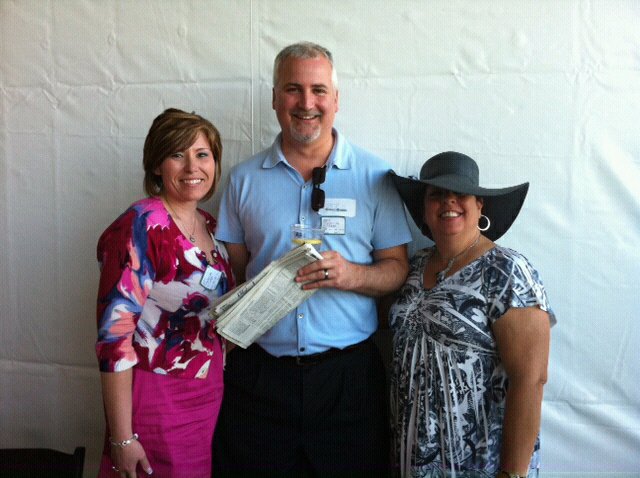

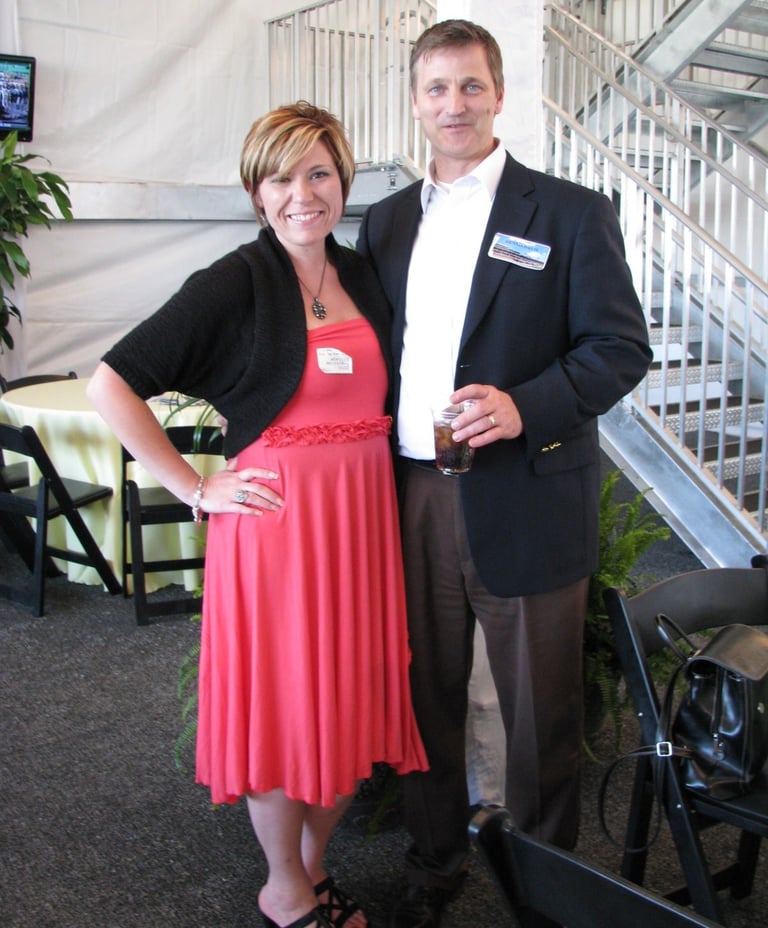

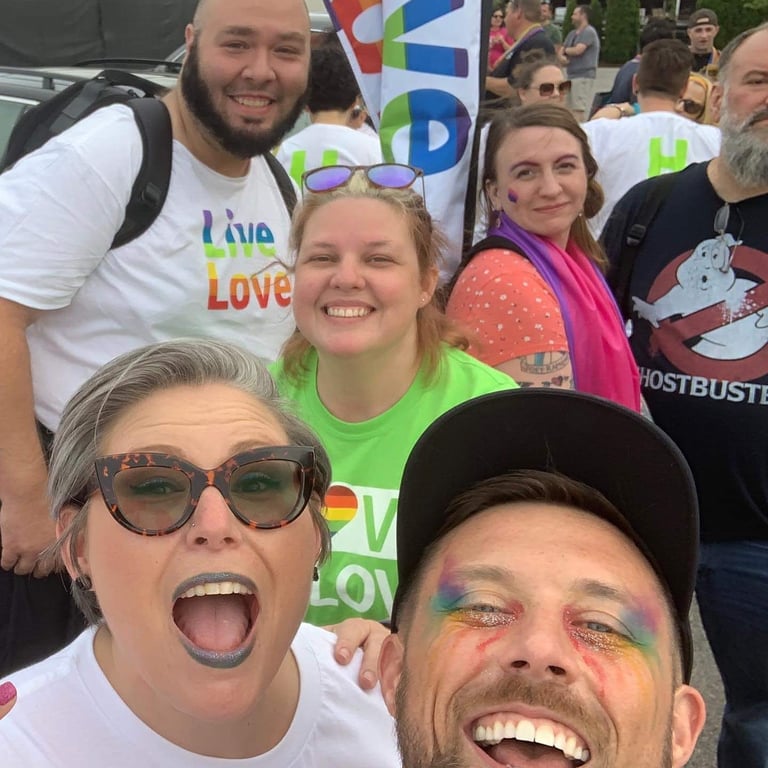

A large portion of my career garnered success when I was leading efforts to implement new systems. I am still dumbstruck at the scope of our efforts and big changes we helped to make possible as a mighty team of two people partnered with subject-matter experts from IT, operations and data/reporting. A co-located team of less than ten people made magic happen in a way that in hindsight seems <almost> effortless. Eventually, I would develop a reputation for being the best project leader to effectively deliver off-track projects. I am thankful for a perfect storm of competencies not intentionally curated or explicity coached because my personal disposition, growth mindset, and life experiences helped to shape me into a unique leader.
As an entrepreneur, my mindset was always lean oriented. A natural systems thinking perspective drove my curiosity to understand HOW things worked together. I approached every project like I was strategizing a chess match. Layering on natural tendencies was a level-up reaping rewards of the investment other leaders made by mentoring and pouring knowledge into me early in my professional journey. The greatest benefit of working for a large corporation like Humana was access to resources when leaders were willing to invest. Mentorship was not a C-suite conceived concept to further a "bottom line" because great teams were built organically. The operational training leads taught me how to write effective training documentation. I completed a class on writing use cases, which became very beneficial when Marisa and I had no choice but to perform User Acceptance Testing (UAT) for projects we designed and managed. A process analyst from another operations area taught us how to create process flows and value stream maps using Visio (I affectionately call "picture pages" since this was one of my favorite visualization tools). These nominal investments of time and talent have reaped exponential dividends over the last twenty years shaping me into the Agile coach I am today but also creating fond memories of making a difference for success that never had board level visibility.
One of the most memorable efforts was the opportunity to scale a home-grown Excel database created by one of the payment recovery specialists in his free time to capture payment arrangements with members who owed overdue balances on their Medicare health plan account. The broad population of Medicare eligible members were on fixed incomes, often relying on their social security or pension checks that would arrive only once per month. If the member did not bring the account current eventually their coverage was terminated. ACH was a radical invention since the majority of the members used coupon books to accompany their paper check mailed in once per month. The payment recovery leader quickly recognized that there was a smarter and better alternative to writing a member account number on a paper calendar hanging on the wall of his cubicle. His technology invention was brilliant but conceived out of necessity. At one lunch time conversation, he was bragging to his lunch buddies about how much easier his new system made his job. And then every payment recovery representative wanted access to his new system. Unfortunately, this system was not scalable and without IT support highly susceptible to system reliability issues particularly since he was the only person who knew how it worked "under the hood".
Not realizing that I was doing "Gemba walks" or developing enabler technical products for operational process improvement…..I lead the implementation of a new scalable payment recovery system and made sure standard operational processes and procedures were included in the project plan because I am personaly passionate about operational readiness deliverables like documentation for training and onboarding my customers to the new tool. I am smiling as I write about this project because it was energizing to host our first "hack-a-thon" in a conference room where payment recovery specialists co-located to see if they could "break" the new system before we rolled it out to production. Out of that hackathon, we captured several iterations for improving our roadmap beyond MVP (minimum viable product).
Agile has become a buzz word among corporations with leadership who double click down on the promise of speed & flexibility while welcoming frequent, late stage changes because agility saves money and sanctions leaders to remind their teams that they can "do more with less". I cringe when I hear those words, especially from an Agile Transformation leader because I know immediately that there is incongruence and a basic misunderstanding of what it really means to be lean agile.
A big part of the business novel I am writing has been inspired by my professional successes where I made "do with limited available resources" which opened the door for eager ladder climbers to exploit my success and grow their career through empire building. The legacy of being agile without a label still reverberates today and has shaped me as a leader because I am highly effective at exploiting constraints like budget or time because I learned how to effectively organize and manage under pressure without luxuries out of necessity. That scrappy survival instinct that lead me to Humana was the same instinct that inspired my leadership acumen. Those early times in the mid-2000s during the onset of explosive Medicare growth were fueled by entrepreneurial attitudes and an amazing team who pitched in to help because the cornerstone of our culture was collaboration and a shared desire to improve not because it would lead to title upgrades or salary promotions. The desire for change was very naïve but pure. At this late stage in my career, I crave this sense of teaming more than ever. I am intensely grateful for the lessons…the learning….the experiences….the pain….the people who may or may not realize the leadership dividends their investment of time and talent has continued to pay over the last twenty years.
